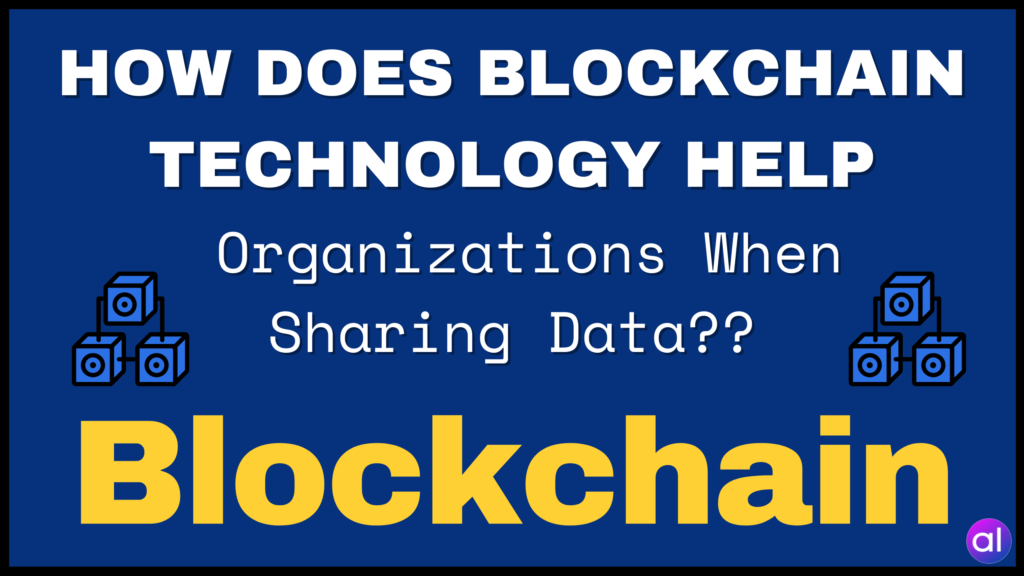To create your real estate token, you need to follow a simple guide that will take you through the process step by step. Tokenization is revolutionizing the real estate market by turning physical assets into digital tokens on the blockchain. This brings new investment opportunities, increased liquidity, and lower barriers to entry for investors.
The process of real estate tokenization involves selecting a property, creating digital tokens to represent shares of the property, using smart contracts to regulate transactions, listing tokens on a marketplace, and distributing ownership and profits to token holders. By tokenizing real estate, investors can own fractions of properties without having to purchase the entire asset, making it more accessible to a wider range of investors.
Real estate tokenization can be applied to various types of properties, including residential, commercial, industrial, hospitality, and agricultural. It offers benefits such as enhanced liquidity, greater access to investors, increased security and transparency, and simplified compliance with regulations.
Some of the key steps in creating real estate tokens include selecting the property, defining the structure of the tokens, ensuring compliance with laws and regulations, choosing a blockchain platform, creating smart contracts, listing tokens on a marketplace, marketing the tokenized property, and managing ongoing operations.
By tokenizing real estate assets, investors can enjoy fractional ownership, global accessibility, streamlined transactions, better liquidity, and effective rental income distribution. Real estate tokenization also opens up opportunities for development projects, real estate investment trusts, and asset collateralization for loans.
To ensure the security of real estate tokens, it is important to conduct smart contract audits, adhere to regulations, secure access control, encrypt data, comply with token standards, maintain network security, secure wallets, and implement continuous monitoring and incident response protocols.
Real estate tokenization has a wide range of use cases, including fractional ownership and investment, global accessibility and cross-border investment, streamlined transactions, better liquidity, effective rental income distribution, and asset collateralization for loans. By tokenizing real estate assets, investors can benefit from increased transparency, improved market efficiency, and access to new investment opportunities.
If you are considering starting a real estate tokenization project, BlockchainX can help. As a leading real estate development company with extensive industry experience, BlockchainX offers cutting-edge blockchain technologies to digitize real estate assets, enhance transparency, and streamline the tokenization process. Contact BlockchainX today to discuss your real estate tokenization needs and take the first step towards a revolutionary future in real estate ownership.



